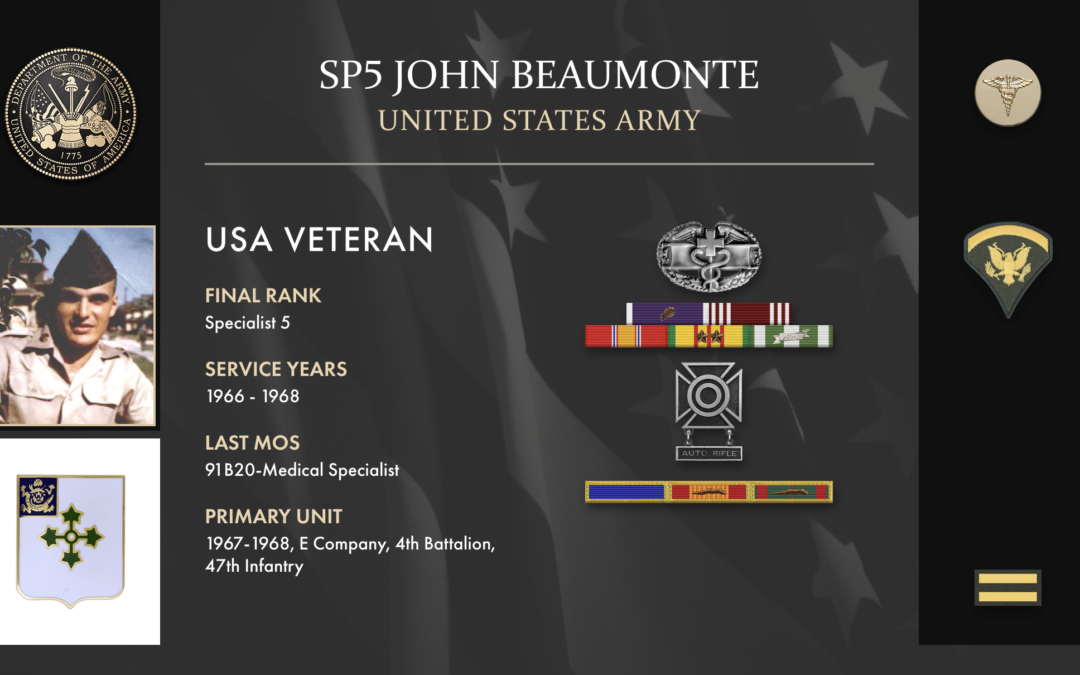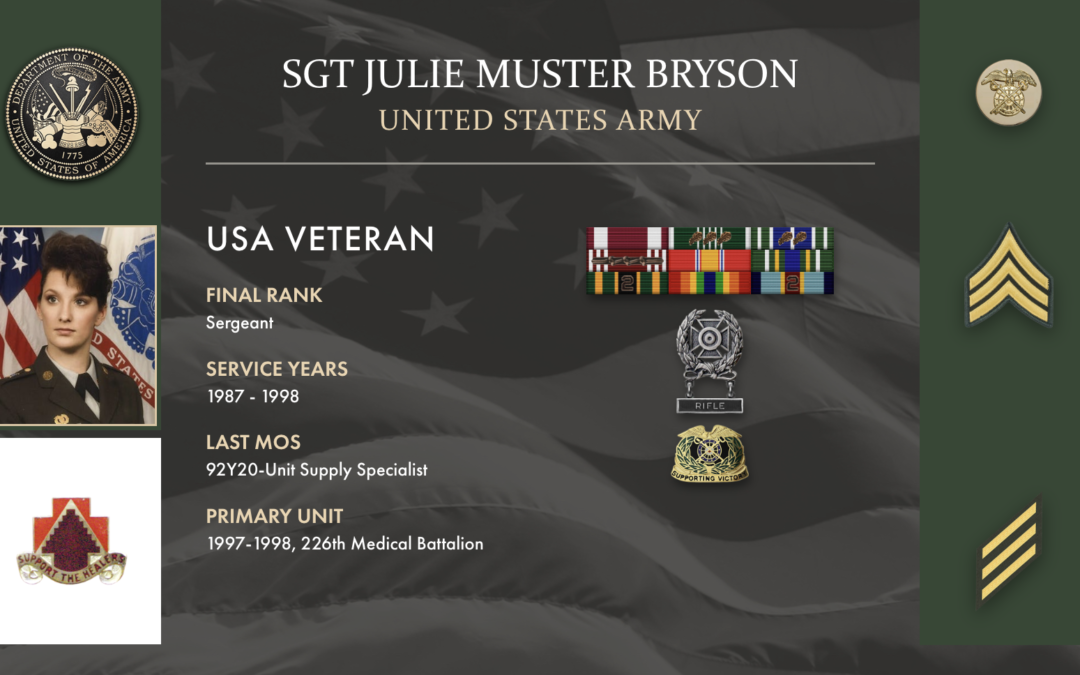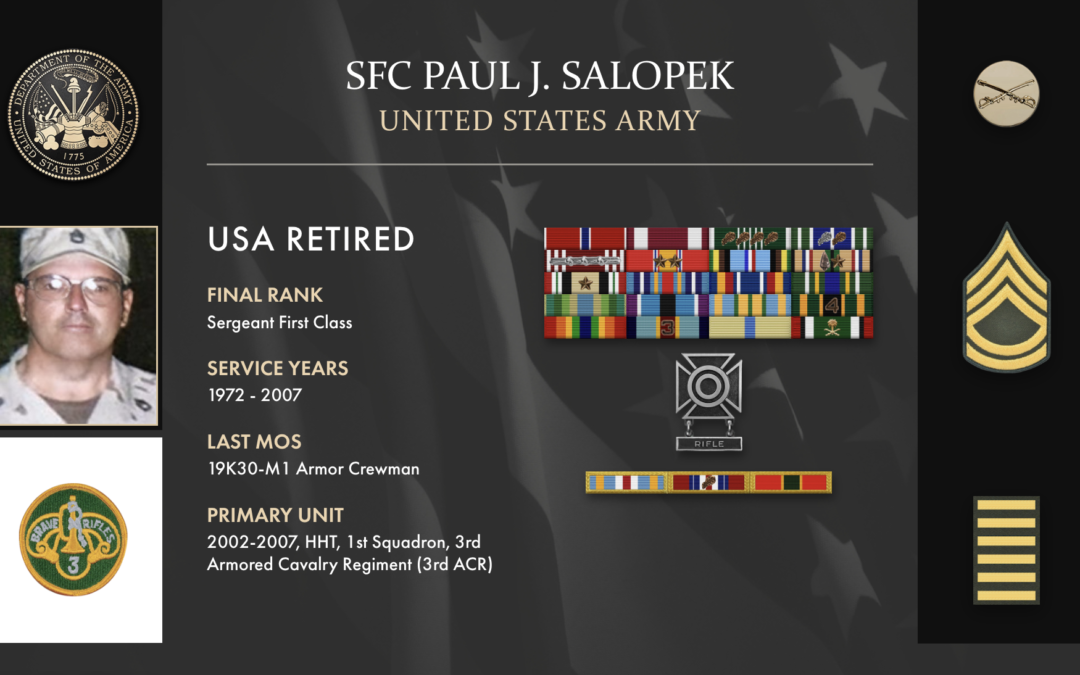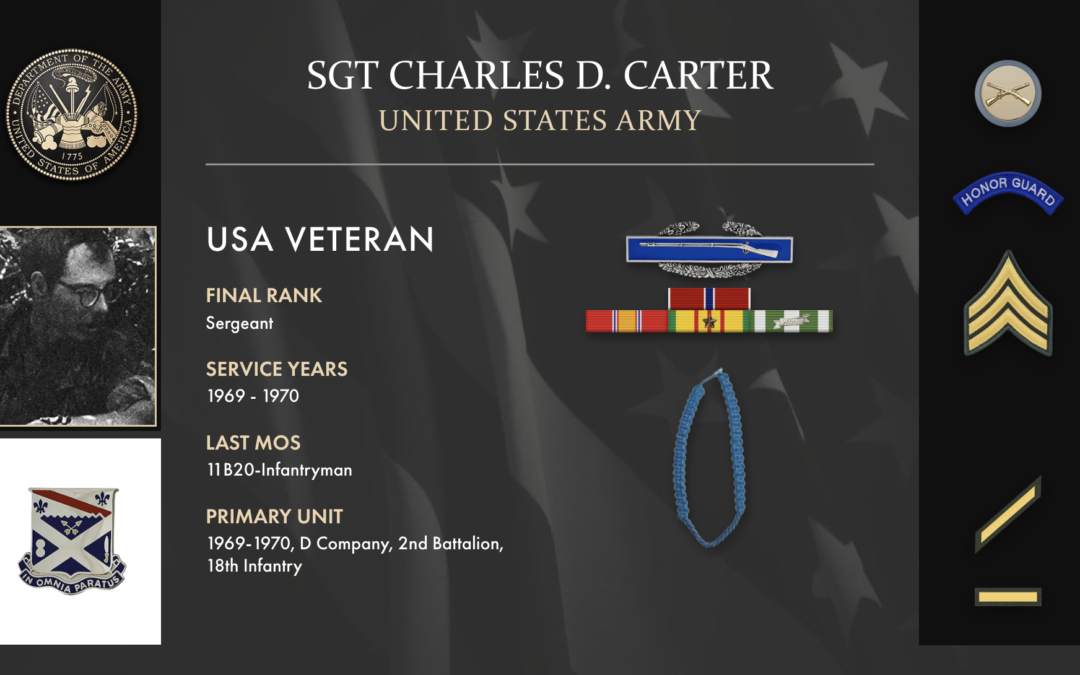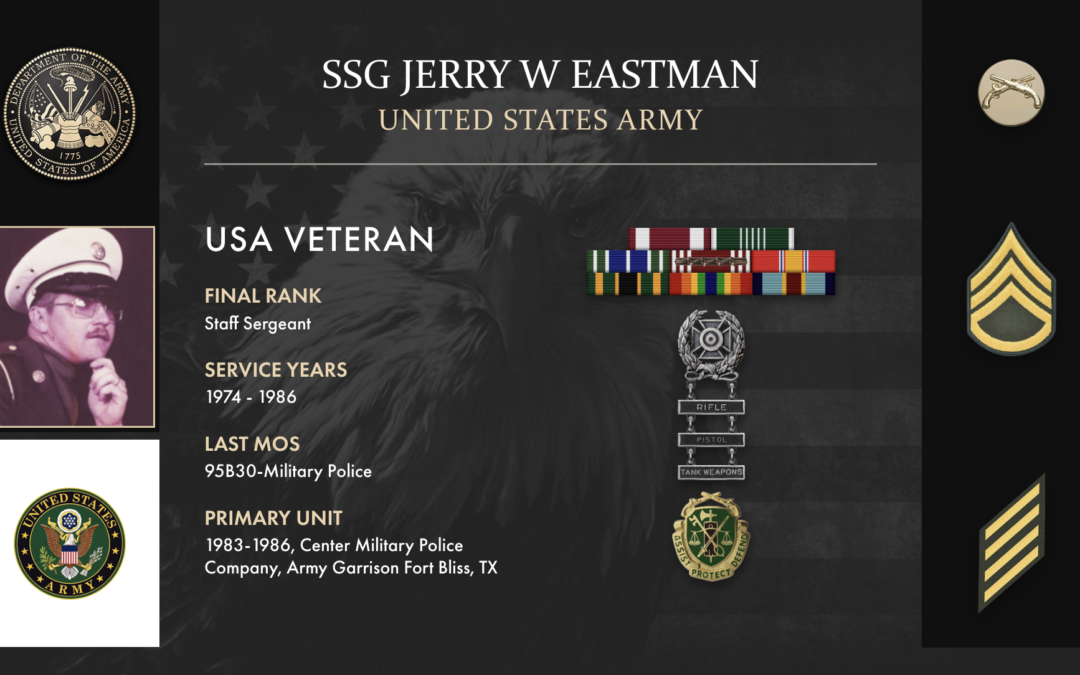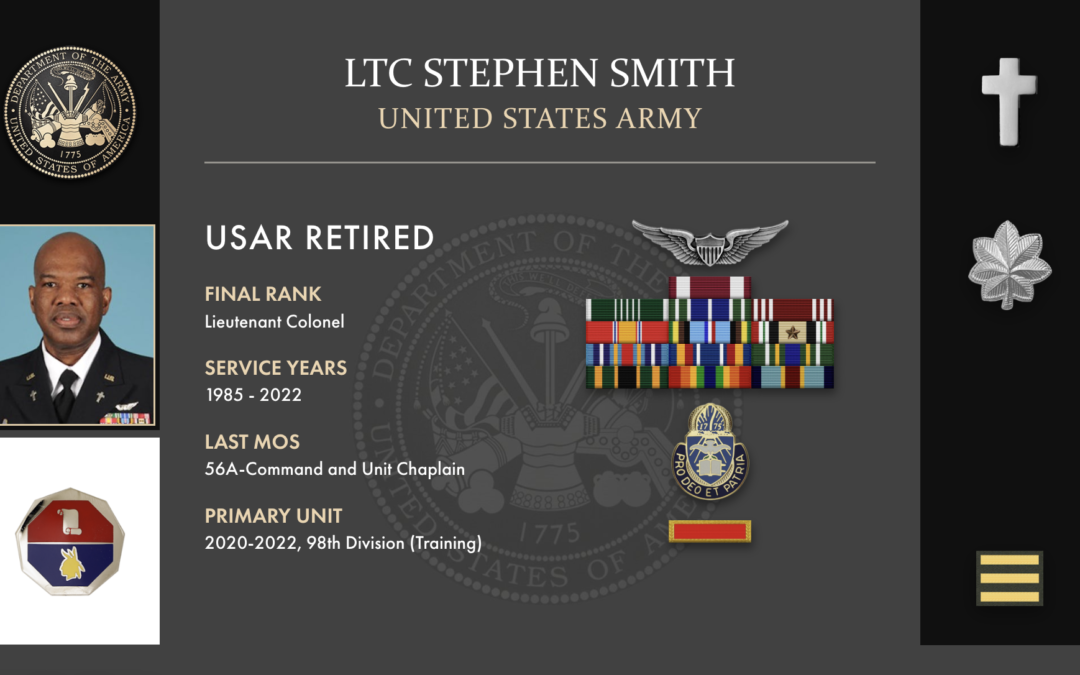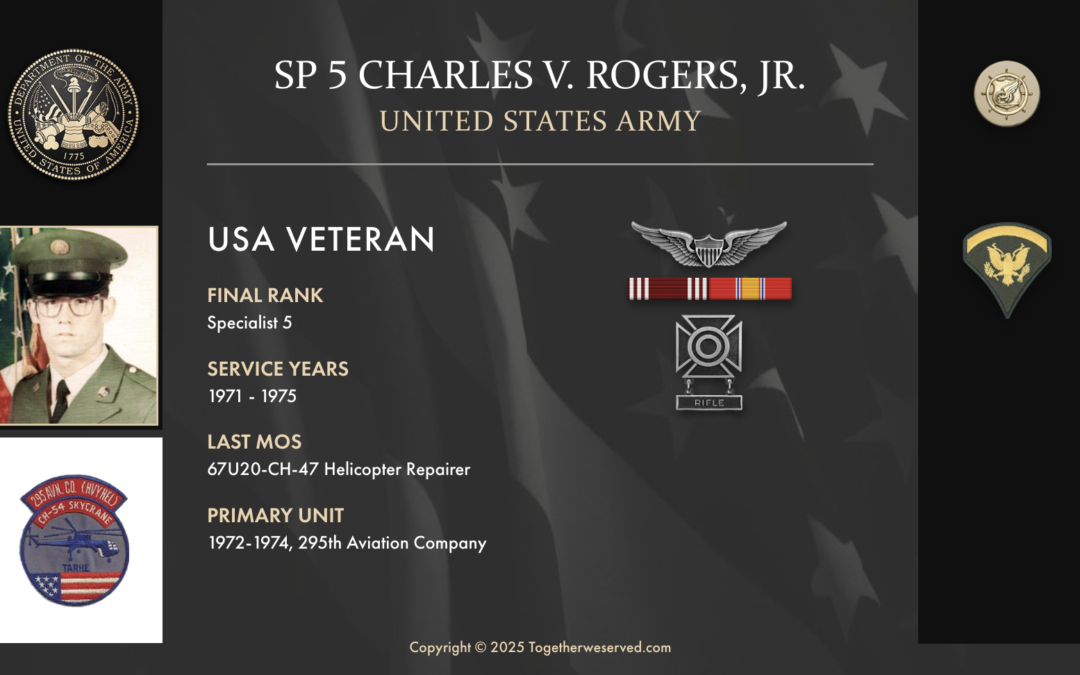I’ve traced my family history back to the Battle of Hastings – my family has chosen military service for as far back as I have been able to trace. I guess it’s in the blood. But really, my decision to enlist in the Army was deeply shaped by the unwavering support and inspiration from my family and friends. Growing up, I was surrounded by loved ones who valued service, discipline, and patriotism, with many sharing stories of their own experiences or expressing admiration for those who served.



